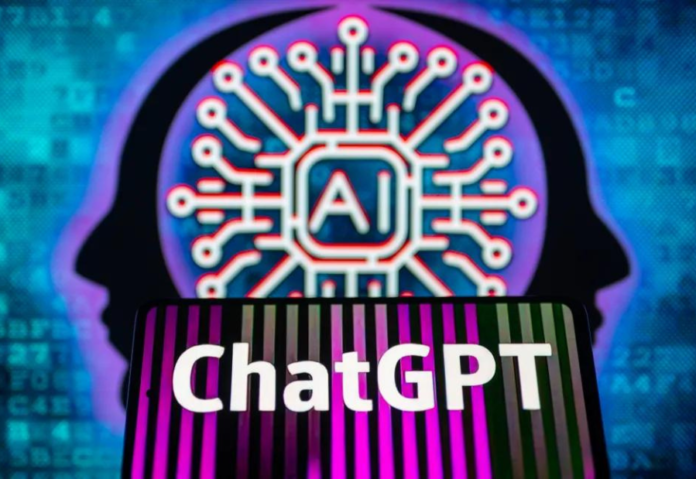TCS believes the emergence of generative AI technology like ChatGPT will see a change in the definition of jobs
Tata Consultancy Services (TCS) feels generative artificial intelligence platforms like ChatGPT will create an “AI co-worker” and not replace jobs.
Milind Lakkad, the chief human resources officer (CHRO) of the country’s largest IT services firm that employs over six lakh people said such tools will help improve productivity, but not change the business models for companies.
“…it (generative AI) will be a co-worker. It will be a co-worker and that co-worker will take time for them to understand the context of the customer,” Lakkad said.
The context for a job to be executed will be industry and customer-centric, which will continue to come from the human who is being assisted in tasks by such a co-worker, Lakkad explained.
“It is not that jobs will get replaced, but the job definitions will change,” he added in the comments which will assuage concerns about future of jobs in the sector which is one of the biggest recruiters of engineering talent in the country.
The introduction of platforms like ChatGPT has led to concerns on whether a trained human is needed at all to deliver the work which a technology company offers to clients. Already, there are examples of entire codes being generated through such platforms. One of the reasons for massive layoffs by big tech companies across the world is being attributed to the emergence of such intuitive platforms.
Lakkad said the context in which a particular customer works is extremely important, and the need to differentiate its offerings from competition makes it essential for a customer to keep on evolving continuously.
The amount of work to be done by a human being versus the generative AI platforms will vary as per industry as well, he said.
If anything, it will reduce the need for managerial talent but the demand for workers lower down the hierarchy will continue as they will get crucial skills on the context front, he said.
“It’s (generative AI) a good thing to happen for the future, but I think it will be collaboration rather than replacement,” Lakkad said, adding that the emergence of such tools will not change the business models.
Such tools will help improve the productivity, consistency of the work which gets delivered and reduce the need for governance, up the pace of delivery and reduce the need for peripheral functions, he said, as per reported by YourStory.
Also read: Collaboration technology has quickly become a necessity for businesses in all industries
Do Follow: CIO News LinkedIn Account | CIO News Facebook | CIO News Youtube | CIO News Twitter
About us:
CIO News, a proprietary of Mercadeo, produces award-winning content and resources for IT leaders across any industry through print articles and recorded video interviews on topics in the technology sector such as Digital Transformation, Artificial Intelligence (AI), Machine Learning (ML), Cloud, Robotics, Cyber-security, Data, Analytics, SOC, SASE, among other technology topics






